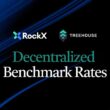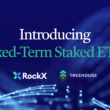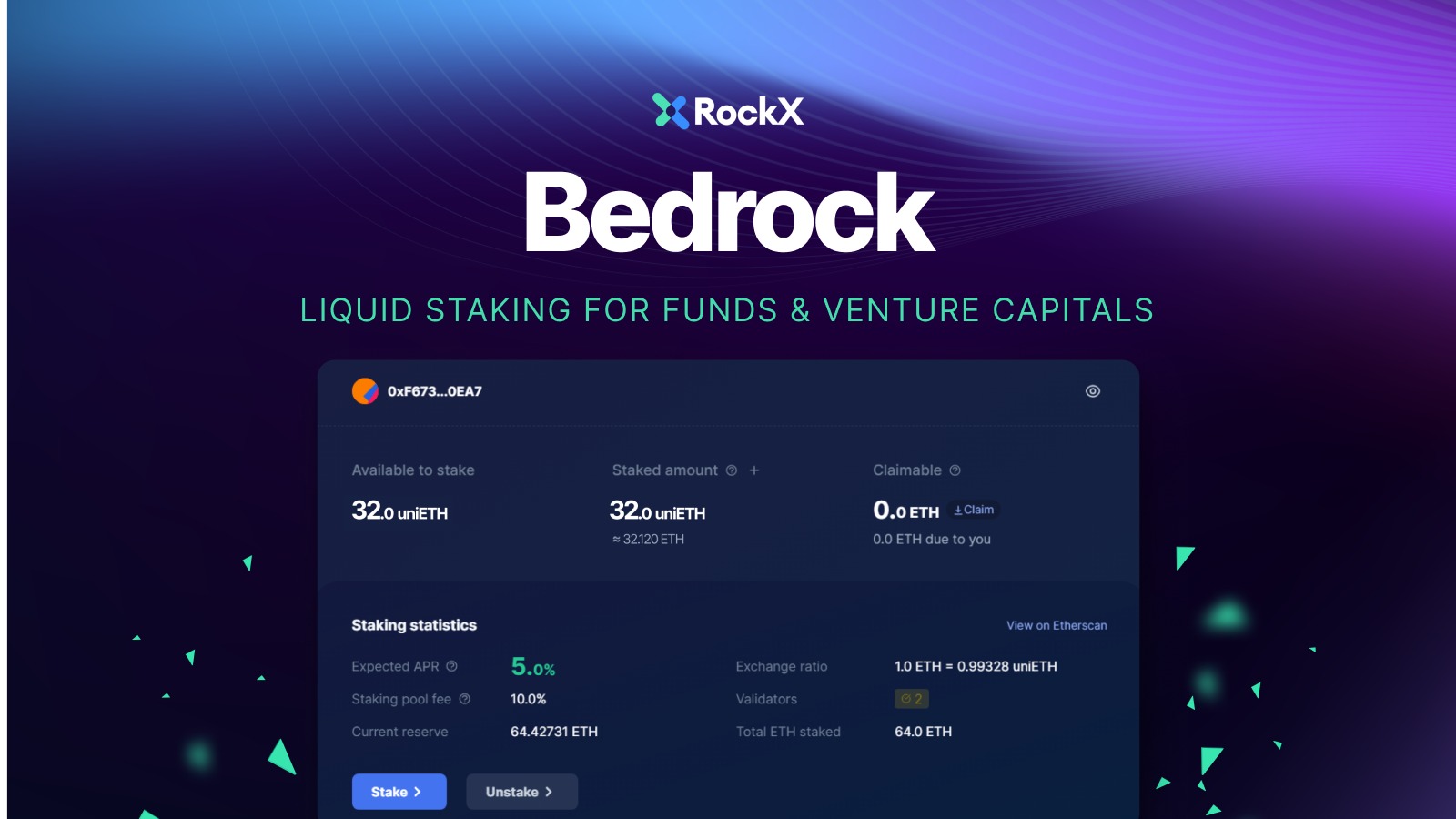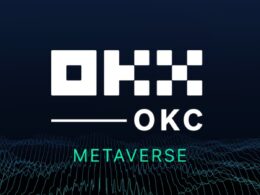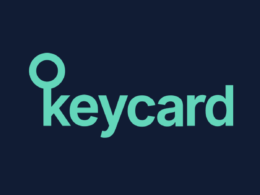For venture capitalists (VCs), investing in the cryptocurrency market can be very rewarding, but it also comes with challenges. One of the biggest challenges is the inability to use your crypto holdings while they are staked for long periods of time. Liquid staking offers a solution to this problem. It allows you to stake your assets while still maintaining the ability to use them for other investments or to access liquidity. It provides a win-win solution that lets you earn staking rewards without sacrificing liquidity.
Many liquid staking solutions, however, pose risks to VCs seeking additional yield on their digital assets. This is largely due to how nascent the technology is and the fact that most liquid staking protocols are aimed at retail users. To tackle these challenges, RockX has developed Bedrock, a proprietary liquid staking solution that is secure, transparent, and compliant. This solution is designed to better suit the needs of institutional investors and retail users alike.
Challenges Faced by VCs Around Liquid Staking

Being uniquely responsible for large funds, VCs are in a position where the high yield promised by decentralized finance (DeFi) makes it very attractive, yet they have to be extremely careful to avoid hacks, exploits, and more recently, regulatory interference. Unfortunately, it is difficult to predict these circumstances, and even the most well-researched projects can fail. To protect themselves, VCs can review two primary pain points.
Firstly, the ETH reserves used to back liquid staking tokens may be susceptible to smart contract exploits due to smart contract risk. Smart contract risk is a potential issue that arises when the code of a smart contract is faulty or vulnerable to attack. This can lead to security flaws that can be exploited by malicious actors, resulting in the loss of funds or other issues. This risk is particularly high if the code is not properly audited by security experts before being deployed. To mitigate this risk, it is important to properly audit the code and review all the security measures before deploying a smart contract.
Secondly, since liquid staking is ultimately a staking protocol, the performance of validator nodes is crucial. Non-professionally managed nodes are more likely to be slashed and may lose some of their principal, which can be costly depending on the severity of the node’s misbehaviour. To ensure that validator nodes perform optimally and to minimise the chances of slashing, it is imperative to pay attention to the selection of validator nodes.
How Bedrock Addresses Liquid Staking Issues for VCs

To resolve these pain points for VCs, Bedrock was designed to be the most secure platform available. By using distributed validator technology (DVT), validator keys for Bedrock ETH staking are split between non-trusting nodes, thus increasing the protocol’s decentralisation, fault tolerance, and security. With this technology, theft from a bad actor is significantly less likely as private keys are not stored online. Bedrock’s smart contract has also been audited by Peckshield, a leading audit firm in the industry. The audit report is readily available for viewing online.
Next, Bedrock was built with a hybrid cloud architecture and backup nodes, thus mitigating the risk of a single point of failure. 24/7 monitoring and recovery systems have also been put in place to ensure that nodes are always online. Having been running validator nodes in the crypto industry since 2017 with 0 incidences of slashing, RockX is uniquely qualified to handle the stresses of running nodes on blockchain networks.
With these measures put in place, VCs may use Bedrock to safely take advantage of the unique opportunities presented by liquid staking.
Bedrock: Liquid Staking for Venture Capitalists

Based on its three pillars of security, transparency, and compliance, Bedrock is well suited to serving as the preferred platform for liquid staking by venture capitalists.
Bedrock’s ETH liquid staking token, uniETH, is also fully minted on-chain, making its contract and supply verifiable at any time. The tokens are created and tracked on the Ethereum blockchain, meaning that the entire lifecycle of the token is visible and verifiable by anyone. This adds an extra layer of trust and transparency to the system, allowing VCs to track the supply of uniETH and ensuring that the terms of the investment are being upheld. It allows VCs to be sure that the supply of uniETH is not being manipulated. This ensures transparency, and VCs can make use of this to monitor the supply of uniETH for continued peace of mind.
Take Advantage of Liquid Staking with Bedrock

RockX is confident that Bedrock is the most secure, transparent and compliant liquid staking platform available on the market, making it suitable for the unique challenges liquid staking poses to VCs. Bedrock’s features are tailored to the needs of VCs, enabling them to securely manage their liquid staking funds and maximise returns while minimising risk exposure. The platform is also constantly monitored and audited to ensure that it remains secure, compliant and transparent. With Bedrock, RockX has created a comprehensive solution to provide VCs with the security, transparency, and compliance they need to operate in the liquid staking market with confidence.

